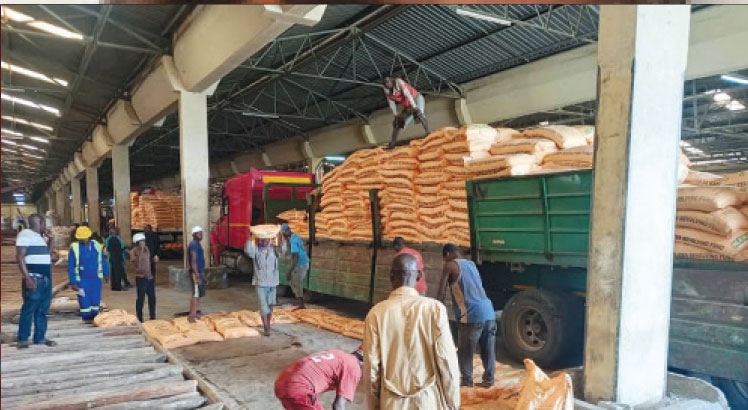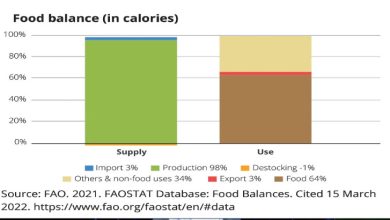K5bn disbursed for winter cropping
The State-owned microfinance enterprise, National Economic Empowerment Fund (NEEF), says it has disbursed K5 billion in agricultural loans in the first quarter for winter-cropping following a K30 billion budgetary allocation by Treasury.
Responding to a questionnaire on how the fund is preforming since the funds were allocated to avert food insecurity after agricultural output dropped this year, NEEF’s public relations officer, Elizabeth Hara, said at least 20 000 farmers are being targeted with expected yield of over 100 000 metric tonnes (MT) of various crops in the initiative.

“For the current financial year, NEEF aims to disburse agricultural loans to approximately 20 000 clients combined for winter farming and rain-fed agriculture. On the basis of our minimum loan amount financing production of about 4 tonnes, we would expect at least 100 000 MT holding all relevant factors in place,” reads part of the response.
Government appears to be phasing out Affordable Inputs programme (AIP) as seen in the reduced number of AIP beneficiaries and increasing beneficiaries of government supported commercial products to finance agricultural productivity.
According to the Ministry of Agriculture, as part of graduating some farmers from the AIP, government allocated K30 billion to NEEF and K60 billion to Youth Entrepreneurship for the Future of Food and Agriculture Program (Yeffap).
Minister of Agriculture and Food Security, Sam Kawale, recently indicated retargeting of beneficiaries to NEEF, YEeffap, Agcom and Mega Farms programs, while scaling down AIP to just one million beneficiaries from 1.5 million last year and 3 million in 2020/21 fiscal year.
“The Ministry of Agriculture is placing a lot of emphasis on commercial farming, which will increase crop production for domestic use and export, migrating farmers from subsidy to commercial farming and social protection programs,” said Kawale.
However, agriculture expert, Tamani Nkhono, said in an interview on the AIP reforms that the graduation of subsistence farmers into small scale commercial farming needs to go beyond production financing to off-taker financing to ensure markets.
“I think the reforms need to be commended but I would have loved if government extended this programme to off-takers because after the farmers have produced they will need to find the markets so this is where there is need to have off-takers,” said Nkhono.
Nevertheless, NEEF says they are also addressing the market issue for their clients through financing off-takers.
This comes amid calls for reforms of the AIP which is widely viewed as ineffective and inefficient, draining public resources amid continued rising of food insecurity and dwindling agricultural output.
On his part, Mwapata Institute Executive Director, William Chadza said the reforms are progressive but expressed worry on targeting inefficiencies.
“Overall this presents progressive reforms. What will be key would be the technical implementation details,” said William Chadza.
He cited the cleaning of the beneficiary registers for social cash transfers, public works, AIP, Yeffap and Agcom to eliminate any potential double counting.
He further suggested integration of AIP beneficiaries with organic fertilizers to improve soil health and increase yield response to the inorganic fertilisers.




